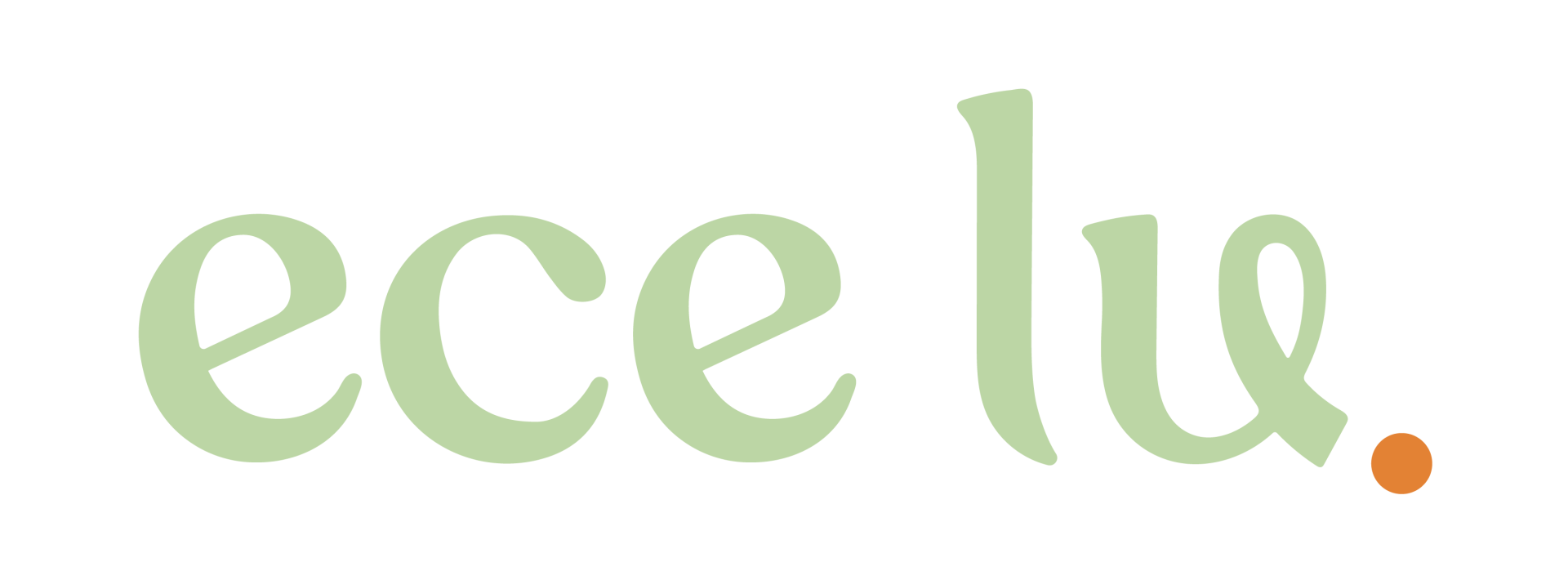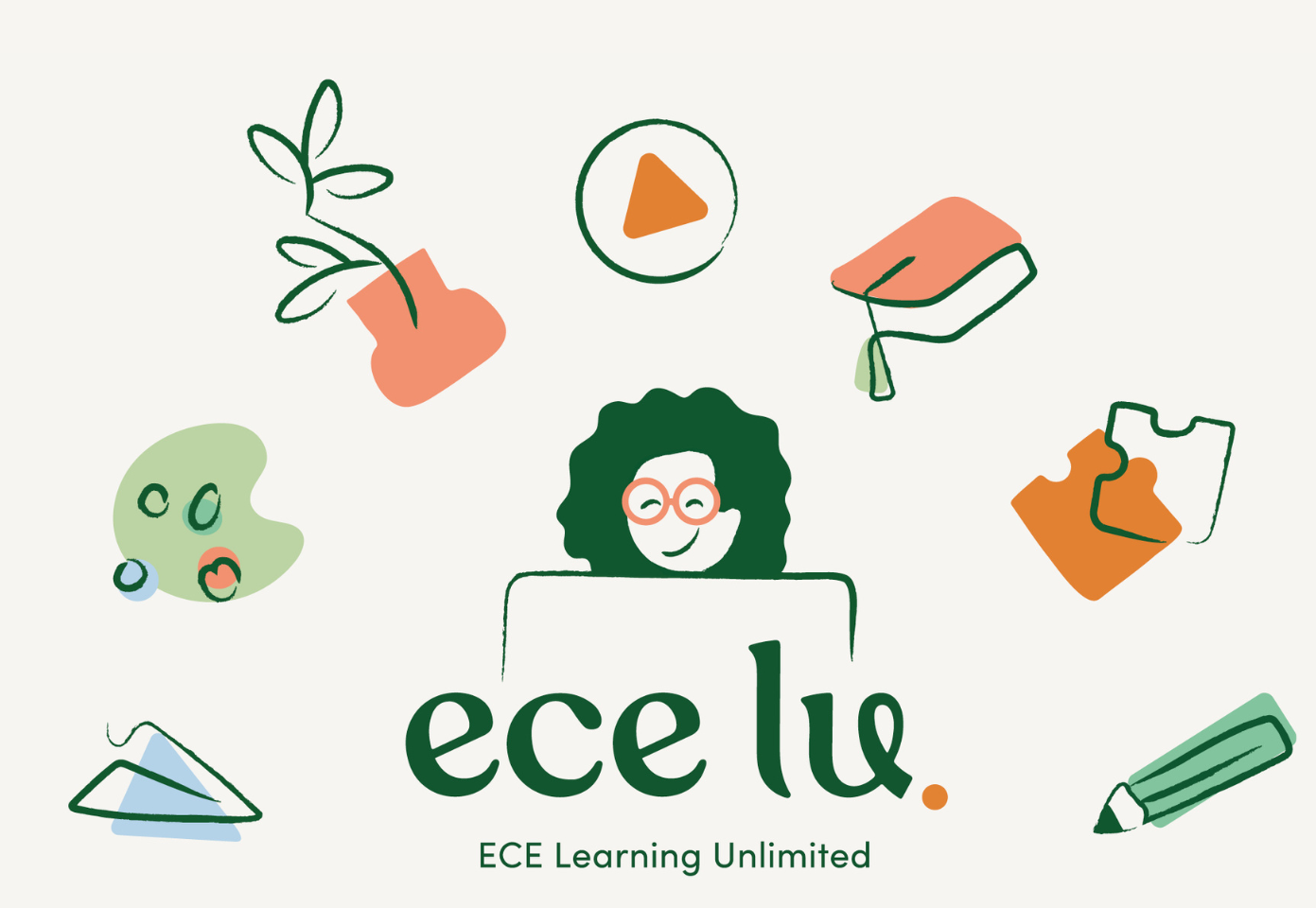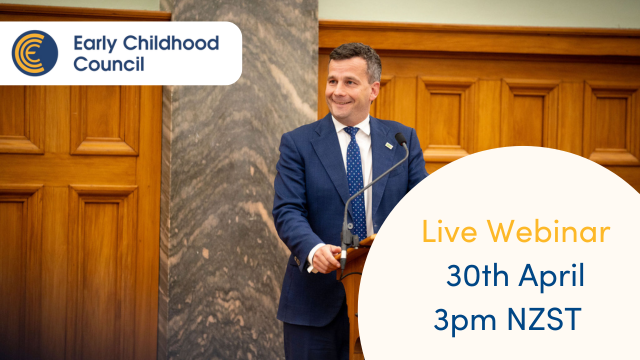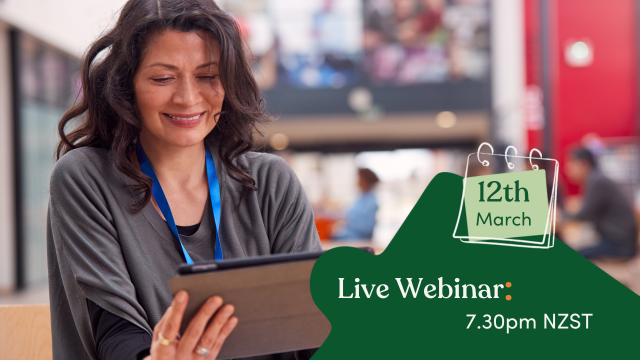What is respect in ECE?
Respect lies at the heart of the RIE approach, but what does it really mean?
Let's get literal for a moment
- How do you view children?
- What beliefs and assumptions do you hold?
- What do you think children are capable of?
- How do you think children learn best?
I see this as one of the most valuable reflections we can make, with our image of the child determining the nature of our every interaction and decision as educators, shaping our practice and relationships with the children in our care.
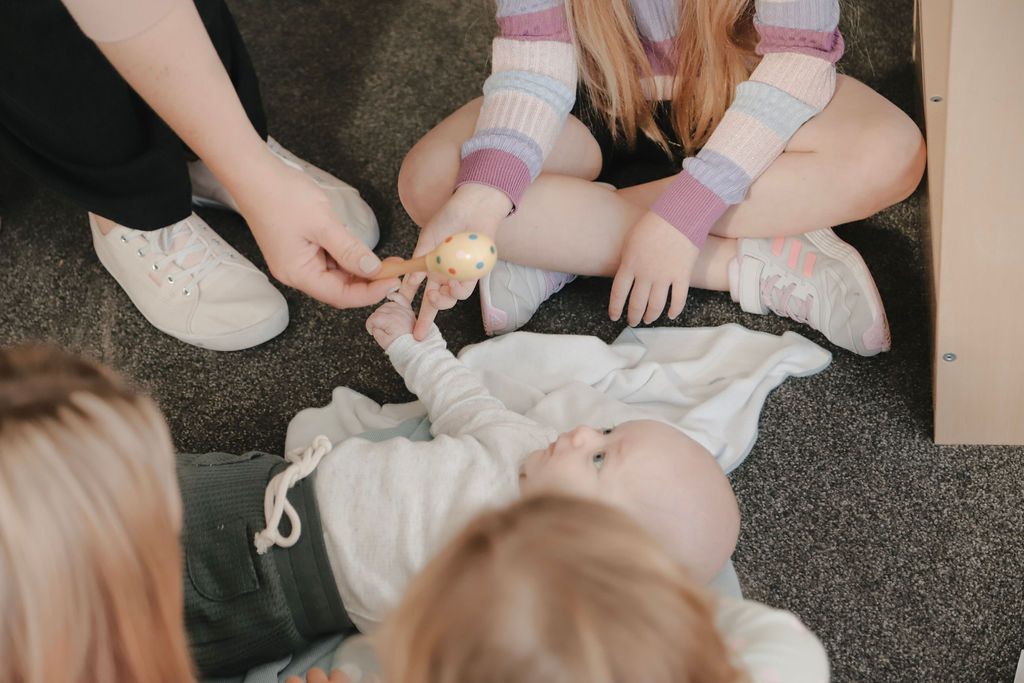
Over the few years that I have been teaching, I have come to develop a deep appreciation for this approach, and it has become a central part of who I am as an educator. During those earlier years, as I deepened my understanding and put this newfound knowledge into practice, it came as somewhat of an epiphany. These little people I saw in front of me were not blank canvases or empty vessels for us to fill with as much knowledge as possible. They were highly alert, unique, and curious beings with an innate desire to grow, learn and develop, and they had the right to be respected, just like you and me.
So what does the research say?
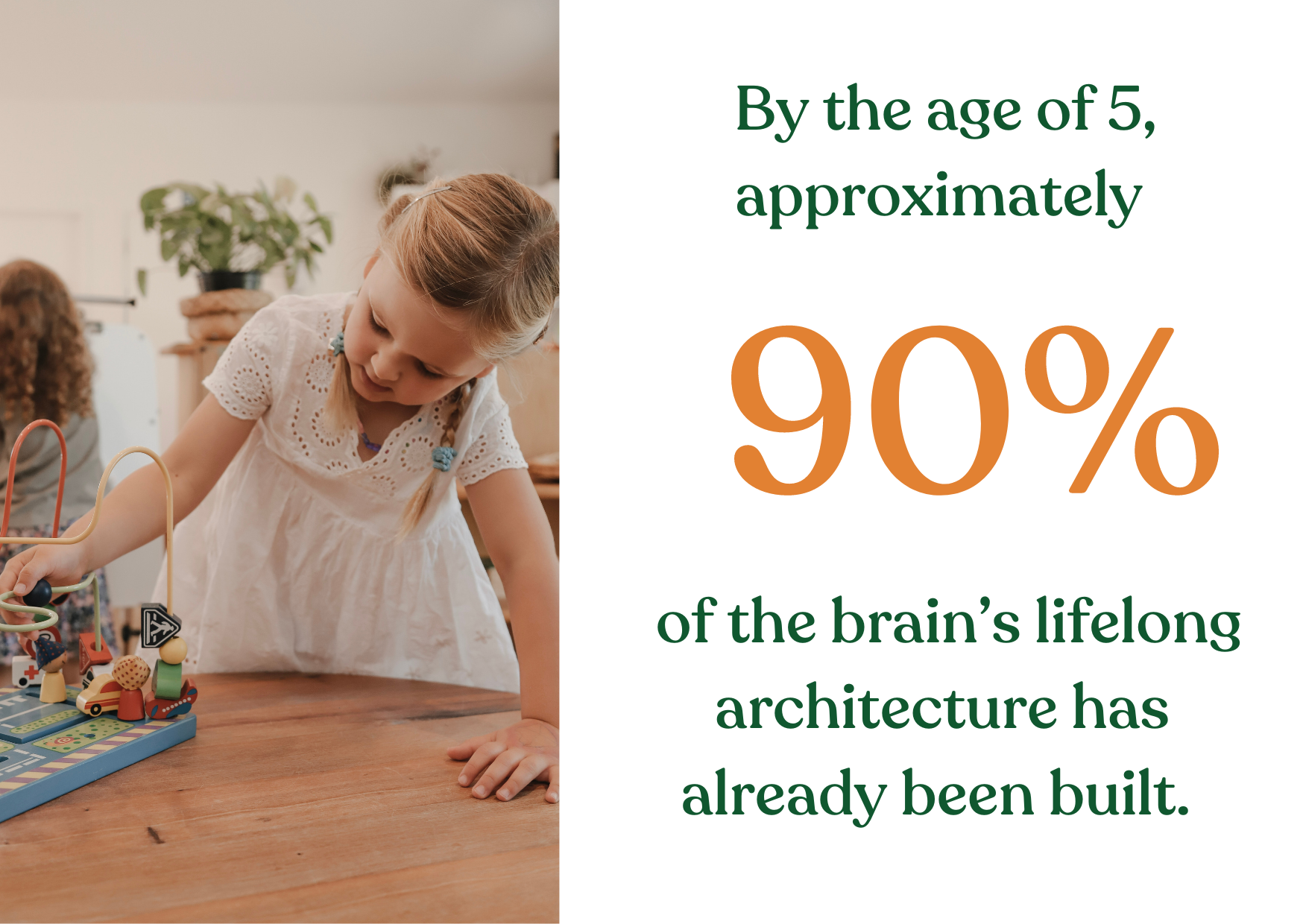
These neural pathways form as children experience and interact with the world around them and the people in it, determining everything that makes them who they are – their thoughts, habits, personality traits, dispositions, attitudes, and beliefs.
We provide language rich environments
We invite participation
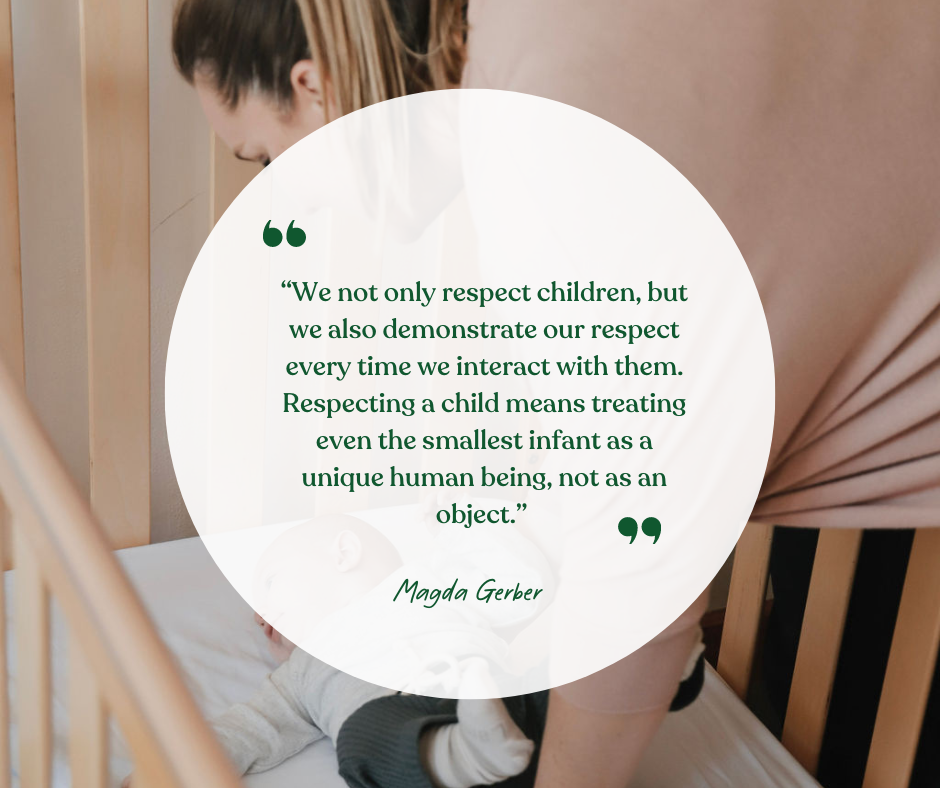
The key components of a respectful care routine
We practice empathy
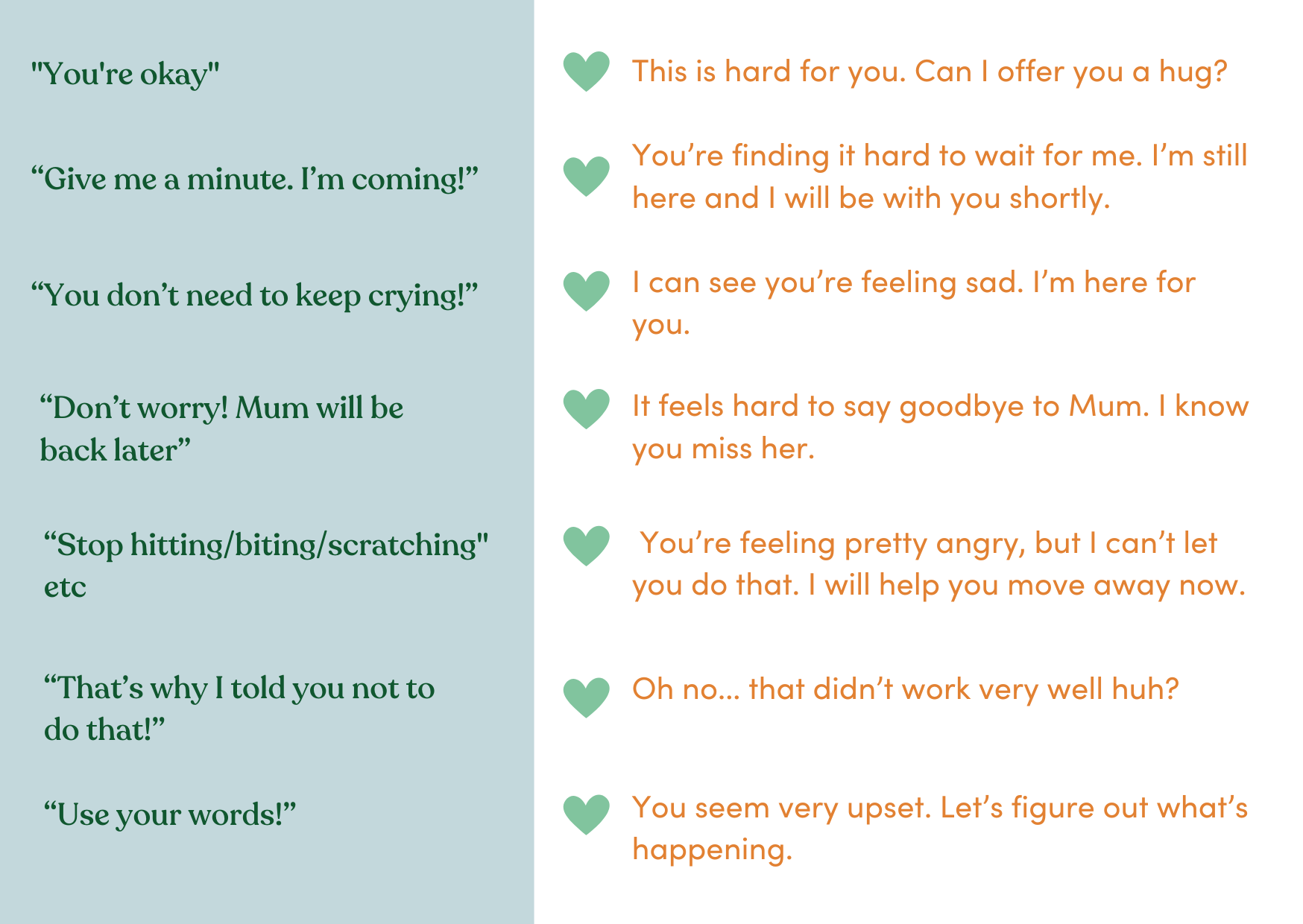
Let’s look at some examples of what this might sound like.
Do you see the difference?
We encourage self-directed play and intrinsic motivation
As adults, we often feel the need to control children’s learning with preconceived ideas about what they “should” be doing. And when things get tricky, we feel compelled to rush in and save them from whatever challenges they may be facing. But in doing so, we rob them of valuable learning opportunities. Our job is not to fill children’s time with activities or make their decisions for them. As respectful educators, we step back, and observe with curiosity, while allowing children the time and space that they need to explore the world on their own terms, at their own pace and according to their own interests. In time, children experience the satisfaction of self-mastery and develop a sense of confidence in themselves and their identity as learners.
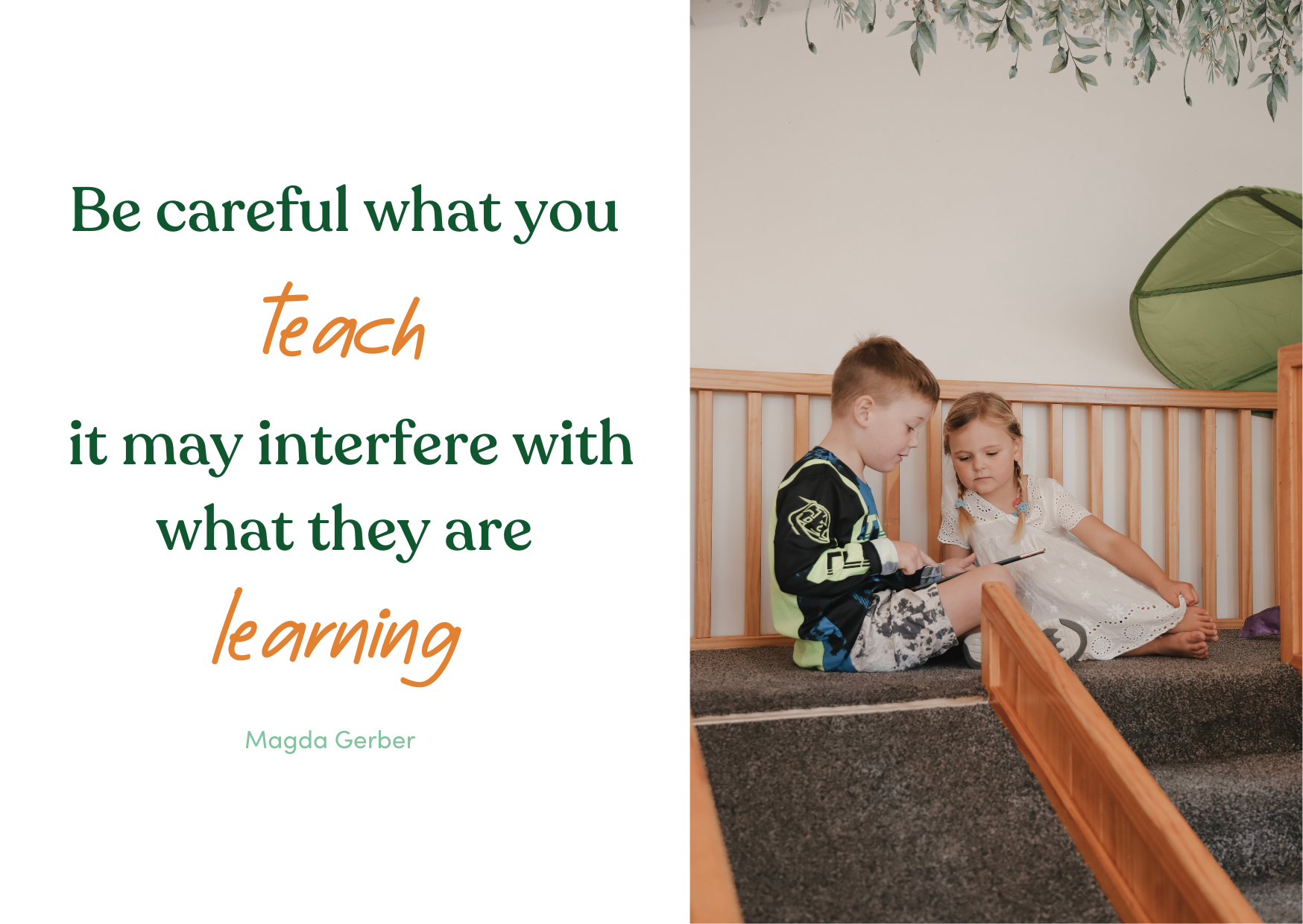
We lead from the heart
Lastly, we recognise that children learn a great deal through observing the behaviour of others. As educators, we lead by a powerful example, part of a small circle of influence in the lives of these children. We understand that our every word and actions sends a message, whether we realise it or not. We can talk until the cows come home about using “kind words” or “gentle hands.” But the way that we show up for these children everyday and embody the values we are trying to teach, that’s the stuff that really sticks. Believe me when I say, they are watching!
It all starts with you.
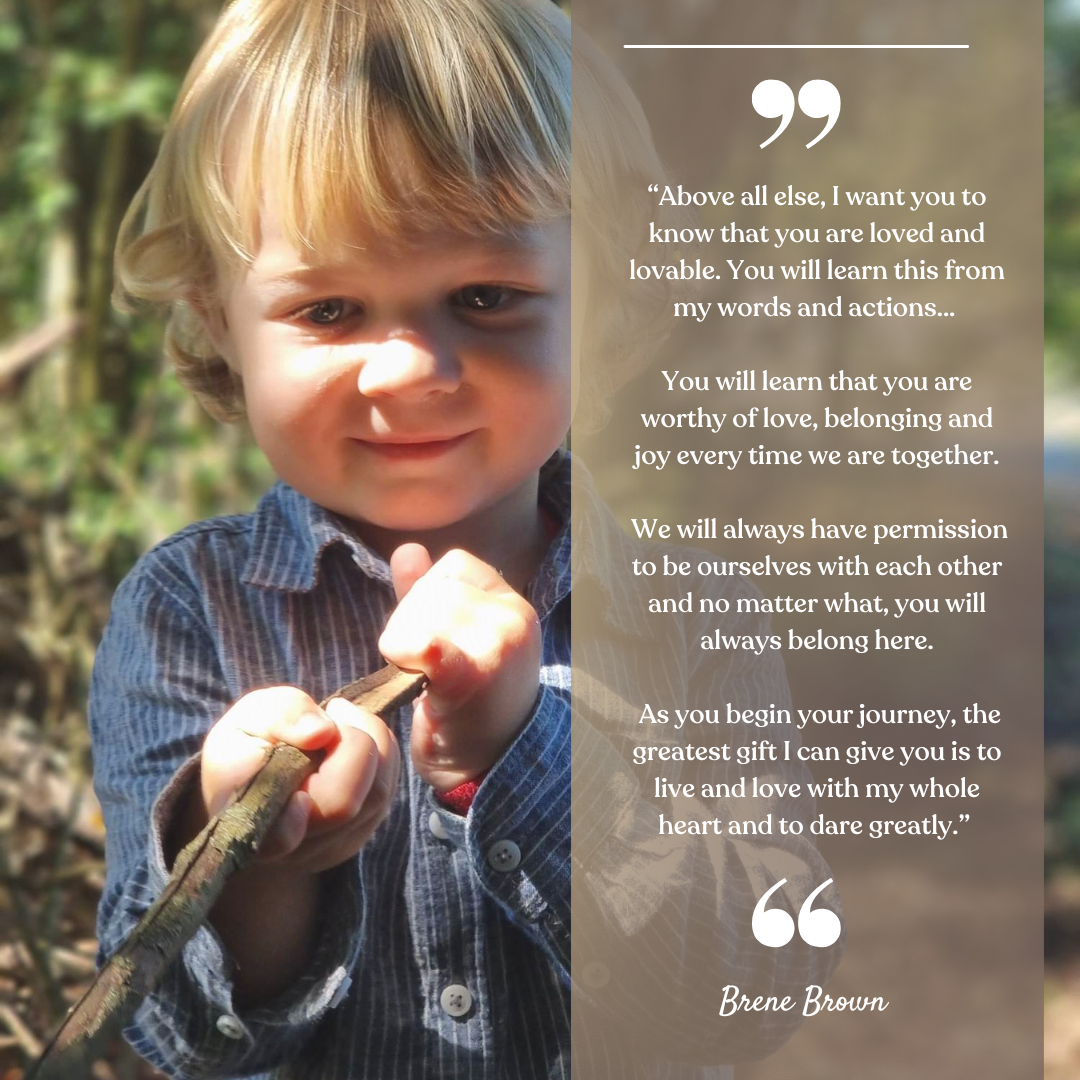

Brittany Hallett
Brittany is an experienced early childhood teacher from Paeroa, New Zealand. She has a strong passion for RIE based practice and works with infants and toddlers in ECE.
Share your thoughts...

